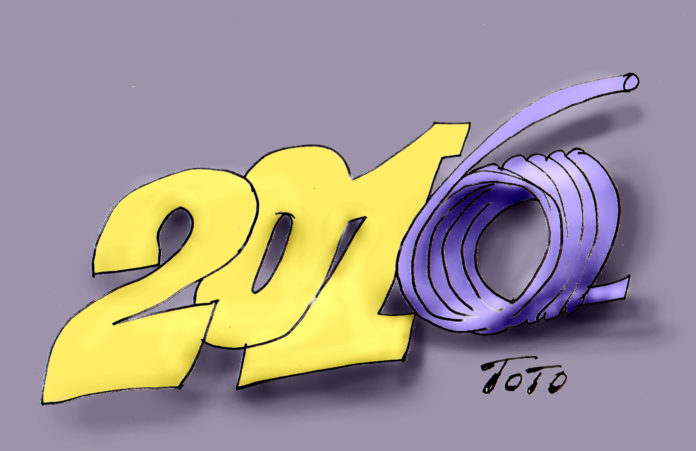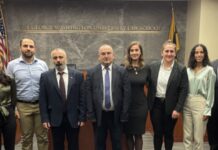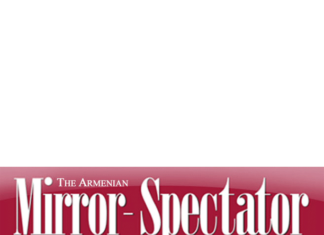By Edmond Y. Azadian
A tumultuous year is nearing its end. The US survived one of the ugliest and most highly contested presidential campaigns, which catapulted Donald Trump into the White House, stunning even him. Sadly, this is no “reality” show, but reality. Once he realizes that in this reality there are real-world consequences, he might begin to regret his campaign.
Trump’s enemies and friends alike are all confused; many of his former enemies are lined up as friends looking for a share of his newly acquired power.
The Hillary Clinton camp is obviously disappointed because it felt that victory was almost at hand. President Barack Obama leaves office with his legacy tarnished. He had turned around the US economy, controlled inflation, brought the unemployment rate to a historic low, cut down the national debt and made health care accessible to the masses. (President Obama can take solace from Churchill and de Gaulle, who lost elections after their historic victories.)
On the other hand, President Obama all but abandoned America’s gunboat diplomacy, bringing a vicious nuclear escalation with Iran to a peaceful resolution and halted regime-change mania in its tracks, including ending the diplomatic freeze with Cuba. The previous administration had triggered the “Arab Spring” to create blood baths in Iraq and Libya, with Syria and Iran being groomed as next on the target list.
Of course, warmongers were equally frustrated at not being able to put into immediate use all the modern military hardware churned out by the military industrial complex.










